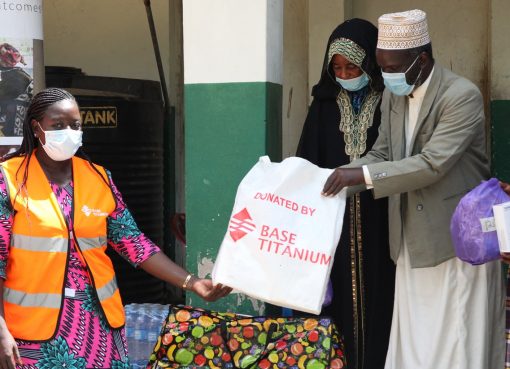Kenya should consider adopting the solar mini-grids as a source for electricity connection to achieve 100 percent
electrification by 2022.
According to Davis and Shirtliff Solar Division Manager, Norman Chege, solar mini-grids are likely to play an important role in the pursuit of universal access to modern energy across rural Africa, particularly where grid extension is technically or financially improbable.
“The electricity can be provided to rural populations through grid extension, standalone solar systems and mini-grids,” said Chege.
He said mini-grids is good because it only generates electricity for local consumption, thereby allowing developers to better track and understand a community’s energy needs enabling users to make electricity supply match demand.
In a press statement sent to newsrooms on Tuesday, Chege said according to the World Bank, approximately 75 per cent of Kenyans have access to electricity from grid and off-grid sources, majority from urban areas.
He lauded the 2022 Kenya National Electrification Strategy which seeks to identify and implement least cost options for bringing electricity to the remaining 25 per cent of households and businesses in remote areas across the country.
“Electricity access for all Kenyans is a crucial aspect that will determine if the country will be able to successfully
achieve its one of the big 4 agenda of expanding the manufacturing sector. Kenyan households and businesses will need competitively-priced, reliable, safe and sustainable energy to deliver on its Big Four Agenda priorities,’’ said Chege.
“Taking on solar mini-grids will in theory ensure a less intermittent supply of electricity and this goes a long way in
guaranteeing that all parts of the country not only have access to lighting but also have access to key communication platforms such as mobile phones and the internet which are a necessity in this age of digitization,” added Chege.
Despite the government establishing regulations in the form of the Energy Bill 2017 to control the establishment of solar mini-grid in the country, Chege pointed out that more can be done to streamline the process and to ensure that the initiative is taken up in all parts of the country.
He said Germany has successfully made the shift to using renewable energy as a substitute to more traditional forms of energy such as coal, noting that as of January this year renewable energy such as solar contributed to 45 per cent of the country’s electricity production.
Chege added that the European nations want to up the percentage to 65 per cent by 2030.
By Bernadette Khaduli




